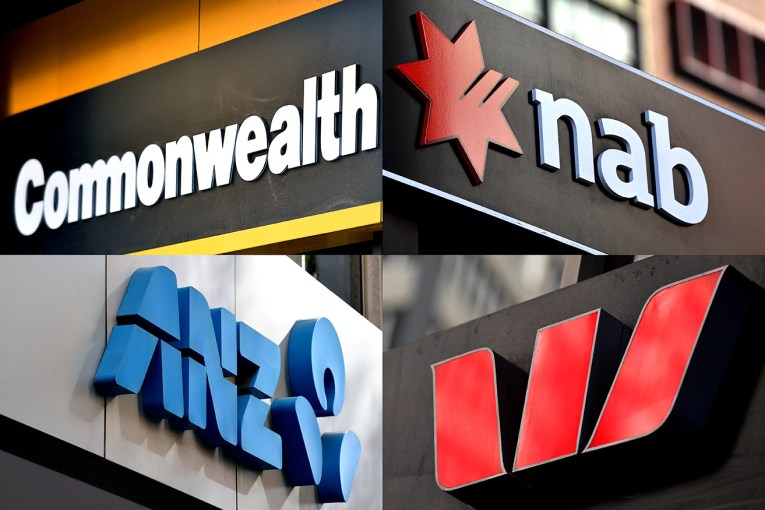The big change giving Australians power over their banking


Consumers are now legally entitled to direct their banks to share their personal data with other institutions. Photo: Getty
New ‘open banking’ rules have been granted to Australians, giving consumers new rights and powers to better manage their finances.
Under the new ‘Consumer Data Right’ (CDR) that came into effect on Wednesday, Australian consumers will be able to share any data their bank records about them with approved third parties.
Although that may sound like a small change, industry leaders predict it will drastically alter the way Australians bank by making it easier to compare and switch products.
“The Consumer Data Right gives consumers control over information banks already collect about them,” ACCC commissioner Sarah Court said.
“It allows consumers to share that data with other businesses, such as fintechs, that may be able to provide them more personalised services and competitive offers.”
Ms Court said the first phase of the CDR rollout means customers can now direct their banks to share with other organisations any data related to their deposit and transaction accounts, or credit and debit cards.
(They can access the CDR via their provider’s website or app.)
As a result, those same customers will be able to take advantage of products and deals offered by rival financial institutions “without all the time and energy that it would normally take” to switch.
So far, only the big four banks – ANZ, Commonwealth Bank, NAB, and Westpac – along with two ACCC-approved third-party services are able to share data between themselves at customers’ request.
But the ACCC has already received applications from another 39 organisations to receive and share customer data, marking the start of a transition towards an open banking ecosystem.
Consumer Data Right drives competition
The ability to rapidly switch between products is a big win for Australian customers, according to Giuseppe Porcelli, CEO of finance-focused technology company Lakeba.
“Consumers will finally be in control of their data,” he told The New Daily.
“They will finally be the owner of what should already belong to them.”
Mr Porcelli said allowing consumers to easily switch providers will boost competition, as banks will need to compete more aggressively to keep customers happy.
Until now, customers have been surrounded by cages that were built by the banks,” he said.
“Now imagine the potential for a consumer to share their own data with one click to any financial product provider that can offer something that solves the consumer’s issues.”
In Europe and the US, this trend is already playing out.
Banks and smaller financial technology providers are offering better and more personalised products to maintain their share of the market.
But Mr Porcelli said exorbitant compliance costs could prove a major hurdle to smaller players.
These companies can’t bankroll themselves as easily as major banks, and Mr Porcelli warned that without adequate support they may not be able to compete.
Instead, they will need to collaborate with one another and with government to ensure they’re not left behind by bank “oligopolies”.
“This means opening the door to easier and quicker Consumer Data Right accreditation or joint accreditation options for fintechs and mutuals,” he said.
“It means lowering the barriers to entry by creating investment incentives into the fintech ecosystems that support mutual banks. And, it means focusing on how we can ensure secure collaboration between mutuals and fintechs.”








